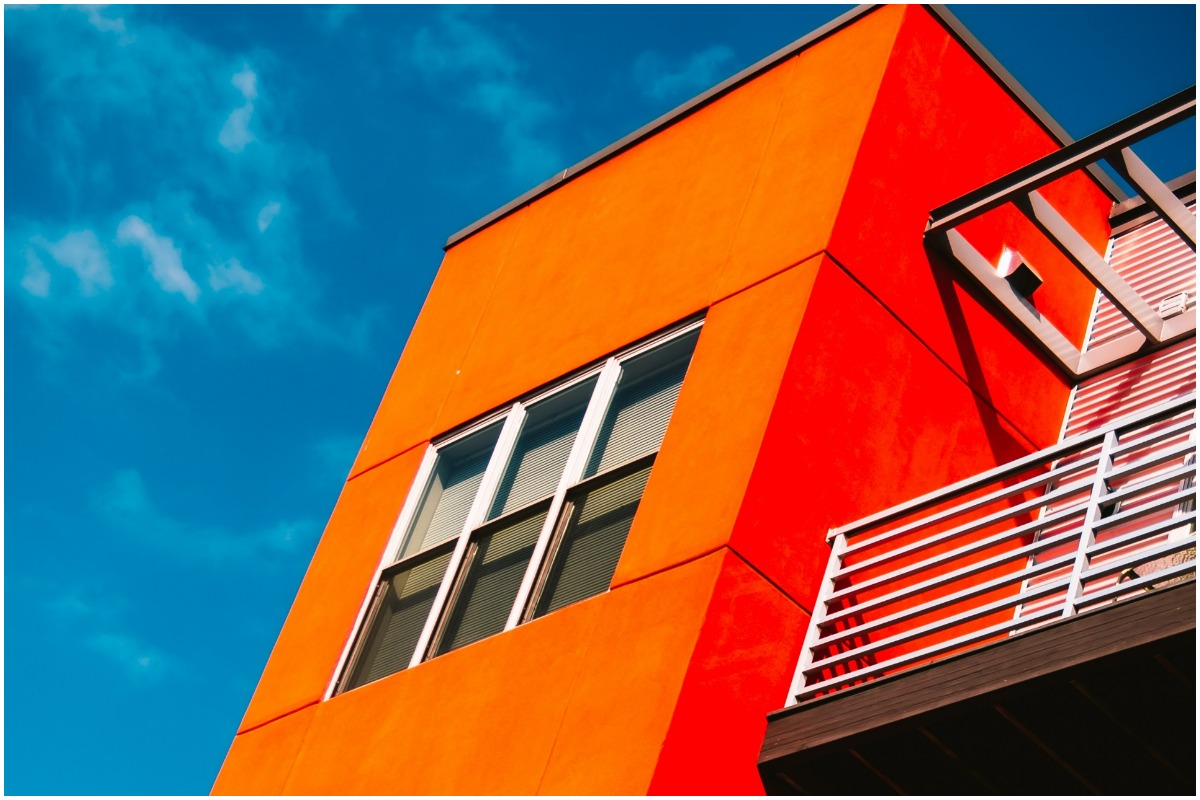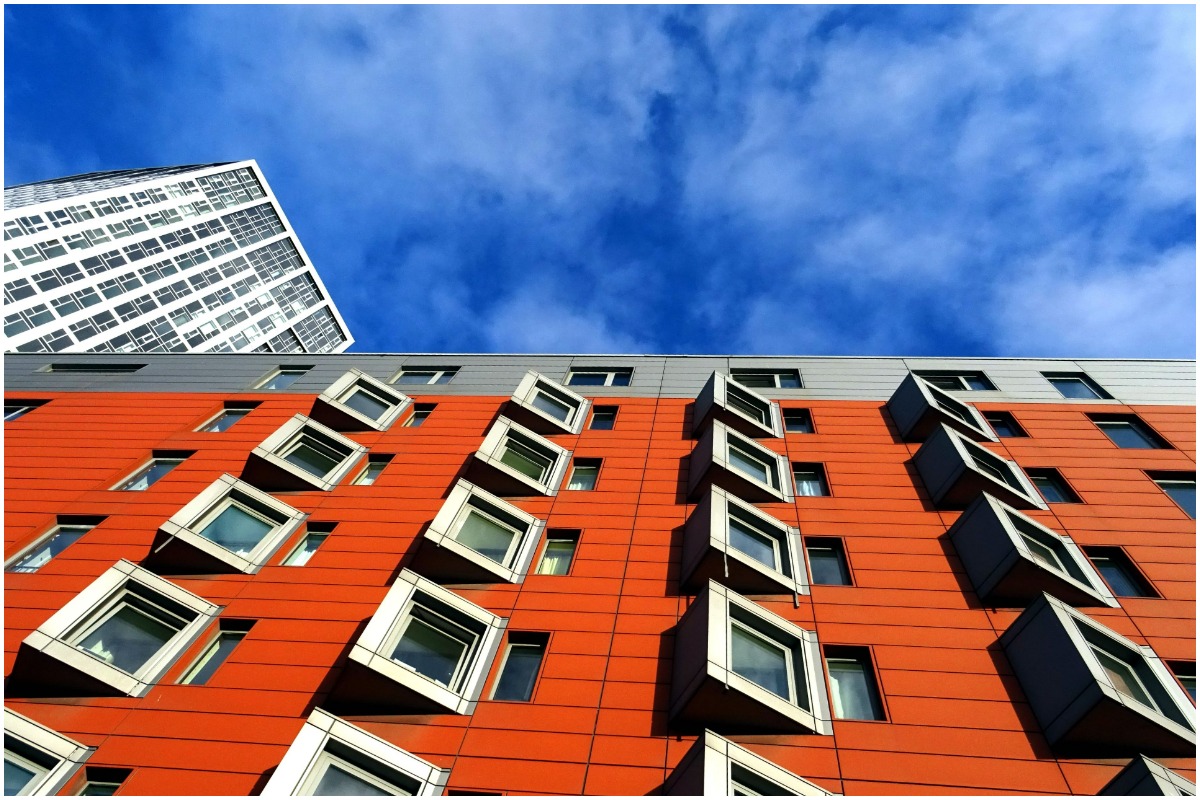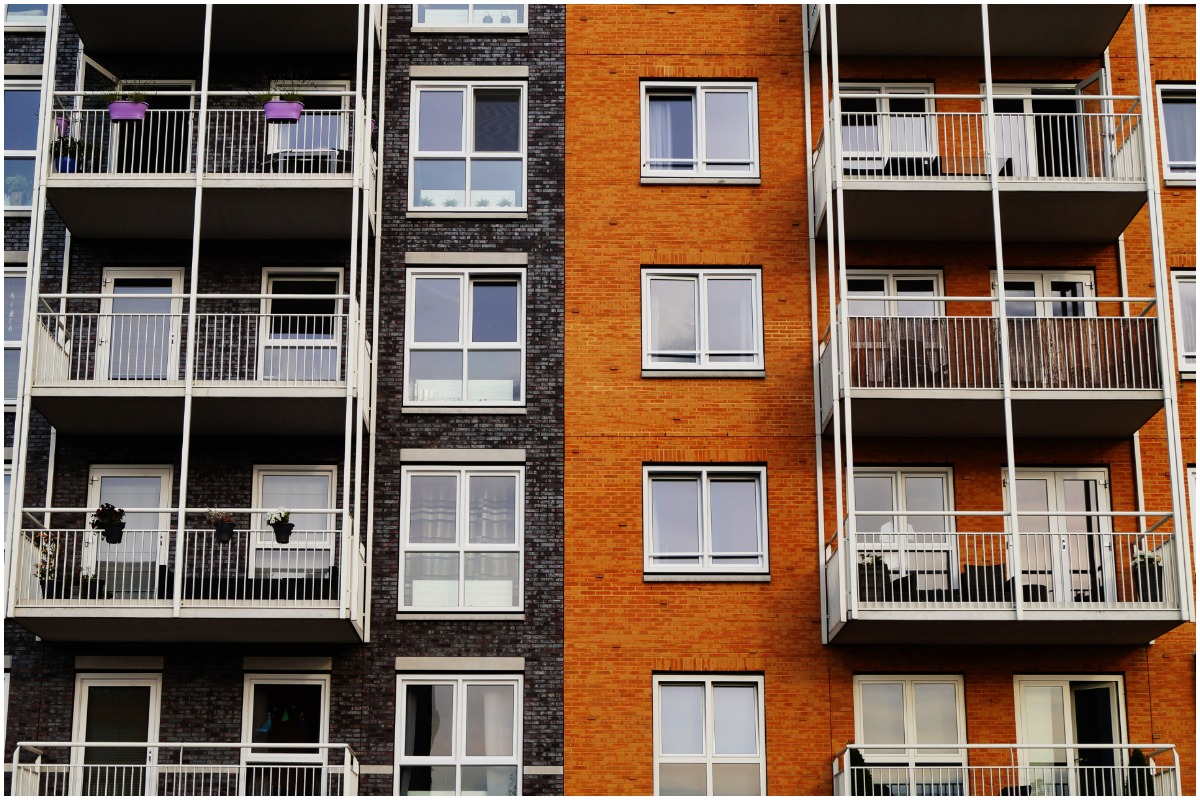Rental housing laws are in place to protect both landlords and tenants throughout the rental relationship. Both parties need a clear understanding of their rights and responsibilities under federal, state, and local regulations. Rental property owners want to protect their property and operate a profitable business. While tenants want to live safely and peacefully in their rental home, be informed about their property, and be treated fairly. Tenants and landlords who take their responsibilities seriously will help keep the relationship friendly, constructive, and easier to manage in the long run.
What do tenants need to know before renting? The tenant-landlord relationship includes expectations for the tenant, like paying rent on time and honoring the lease agreement – plus keeping the property clean, safe, and habitable. On the landlord side, responsibilities fall into five broad categories: security deposit, disclosure of owner, delivering possession of the unit, maintenance, and liability.
Let’s take a closer look at tenant and landlord responsibilities and how they affect each party.
The lease agreement signed by the landlord and tenant explains the rights granted to each party. Landlords should know all of the terms in the lease and understand their rights. According to federal, state, and local laws, they should also know the responsibilities they agree to.
Landlord responsibilities to the tenant
What are landlords responsible for? The list of landlord responsibilities includes five areas: security deposit, disclosure of owner, delivering possession of the unit, maintenance, and liability.
Management of security deposit or prepaid rent
Every landlord has the right to charge a security deposit for their property rental. The security deposit is provided funds if the tenant breaches their lease, doesn’t pay rent, or damages the property. State and local laws determine the maximum amount of security deposit a landlord can charge, what the security deposit can be used for, and when it must be returned.
Obligation to disclose owner
It’s the landlord’s responsibility to share certain information about the property owner to their tenants. The tenant doesn’t need to know who owns the building, but they must be informed about the name and address of the person or people who collect rent, manage the building, make repairs, issue notices, or address complaints. This information should be part of the lease agreement and provided in writing.
Obligation to deliver possession of unit
This means having the unit vacant and ready for the tenant to move in on the date specified in the lease agreement. The landlord could violate the lease if the unit is unavailable to the tenant, and the tenant could take legal action.
In addition, if another individual, or previous tenant, does not have a legal right to be there but is still on the premises, the landlord may have to take legal action against this individual.
Obligation to maintain the unit
It’s the landlord’s responsibility to keep the property well-maintained, clean, safe, and habitable for tenancy. The landlord must perform all necessary repairs, adhere to all building codes, keep all utilities, such as plumbing, electricity, heat, and water, in good working order, maintain common areas, and provide proper trash receptacles.
Obligations subject to limitation of liability
If the landlord sells the property, they are relieved of their liability under the lease terms but must notify the tenant about new management or ownership. The new owner or landlord is now liable for the terms in the lease agreement and must adhere to any landlord-tenant laws.
In this situation, the selling landlord is still responsible for all security deposits and must return them in one of two ways.
- Transfer the security deposits to the new owner, minus any deductions for justified costs incurred, and notify the tenant in writing that this transfer has taken place.
- Transfer it back to the tenant, minus any deductions, and notify the tenant to pay the new owner or landlord.
Landlord responsibilities may vary by state. Most states require a landlord to provide a 24-48-hour notice of entering the tenants’ premises to provide maintenance and repair services. The only exception is in an emergency such as fire, flood, and structural damage, in which case the landlord can enter at will.
What are the landlord’s responsibilities regarding repairs?
Landlords are responsible for keeping the property well-maintained and in safe, habitable condition. They must complete any necessary repairs in a timeframe that’s reasonable for both parties–unless the damage or issue poses immediate health or safety risks to the tenants or makes the premise uninhabitable, as in the case of fire or flood. The time frame varies by state and severity of the problem.
Many states have a 30-day allowance for fixing a general repair issue, while a severe issue should be fixed in three to seven days. For example, if a rental unit doesn’t have heat or running water, the landlord may have 48 hours to seven days to fix the problem.
In some states, like California, the tenant can complete the repair themselves and deduct the cost from their rent payment. They must first notify the landlord in writing or verbally about the necessary repair. If the landlord does not respond, they can move ahead to complete the work. Any repair deductions cannot exceed one month’s rent.
What a landlord is NOT responsible for
A good lease agreement will be very clear about what types of damage or repairs fall under the list of landlord responsibilities. Landlords are not responsible for repairs caused by the tenant, a tenant guest, or a member of the tenant’s household. Tenants are responsible for paying for these repairs.
Landlord rights
Landlords have the right to:
- Screen applicants
- Collect security deposits and rent payments, as well as any deposits or payments associated with pets, parking, or added amenities
- Enter the tenant’s unit with proper notice or due to an emergency
- Evict tenants for a lease violation
- Use the security deposit for unpaid bills or repairs.
- Protect their property with move-in and move-out inspections
The applicant screening process can be complex, and it’s the landlord’s job to keep the information private. During the screening process, a landlord is allowed to:
- Interview the applicant
- View government identification
- Perform a credit check
- Contact the applicant’s references (previous landlords, employers, or personal references)
- Confirm the applicant’s monthly income
- Complete a criminal background check
List of tenant responsibilities to the landlord
Tenant responsibilities are the terms the tenant must uphold, as specified in the lease agreement. With the tenant’s signature on the lease agreement, they agree to adhere to the terms of that agreement. Tenants must uphold their end of the bargain.
A basic lease agreement will explain:
- Length of lease
- Rent payment
- Rules for the security deposit
- Procedures for paying rent
- Use of property
- Penalties for late payment or nonpayment of rent
- Move-out requirements
- Lead paint disclosures
In addition to the lease agreement, it’s the tenants’ responsibility to maintain the premises. The Uniform Residential Landlord-Tenant Act specifies what a tenant must do to ensure maintenance.
These responsibilities include:
Keeping the unit safe and sanitary
Tenants must keep their unit in a reasonably clean and safe condition. The unit must be free from safety hazards such as blocked fire escapes or sanitary hazards such as pet excrement.
Following building and housing codes
Certain sections of local building and housing codes apply to tenants and focus on health and safety, such as having a licensed plumber or electrician do work governed by safety regulations. Tenants must abide by these sections.
Disposing of garbage
Trash should be disposed of regularly. Tenants are responsible for preventing the accumulation of waste and debris.
Operating all plumbing and electric fixtures properly
Tenants must use all plumbing, electrical, heating, cooling, or other facilities according to their intended use.
Maintaining plumbing fixtures
Tenants must keep all plumbing fixtures in good condition. This includes the fixtures, shower, and toilet.
Maintaining appliances supplied by the landlord
If the landlord provides such appliances, tenants are responsible for maintaining dishwashers, stoves, washers, dryers, refrigerators, or any other appliance.
Refraining from damaging the unit
It’s the tenant’s responsibility to ensure that anyone they allow on the property (guests, service providers, or others) does not damage any part of the property. This includes the basement, common areas, or backyard. The tenant’s responsibility is to ensure nothing that belongs to the property is removed, deliberately damaged or destroyed, or damaged by neglect.
Respecting other neighbors’ peace and quiet
Tenants and anyone they allow onto the property must conduct themselves reasonably by not disrupting their neighbors. This includes refraining from allowing children to run and scream around the property or playing loud music.
Tenant rights
When tenants rent a home, they have rights and responsibilities specified in federal, state, and local rental laws. These laws also protect the tenant if the landlord fails to keep up with their obligations.
The Fair Housing Act and the Fair Credit Reporting Act specify tenant rights on a federal level, while The Fair Housing Act states that landlords cannot discriminate against tenants based on race, religion, national origin, sex, disability, and family status.
The Fair Credit Reporting Act protects tenants by ensuring any personal or credit information provided to the landlord is accurate, fair, and private. For tenants, this means that landlords must keep any information they collect from tenants private and secure. They can’t sell or give it away to other sources.
On a state and local level, tenant rights have more to do with practical, daily living – how they can use and maintain the rental property during their tenancy and what they can expect from their landlord.
These tenant rights include the right to a:
Habitable home
This means the home must be safe to live in, with usable utilities, heat, and water. The landlord must keep up with any landlord repair responsibilities to keep the home habitable.
Security deposit return
Landlords may ask tenants for a security deposit to pay for any damage tenants or their visitors may cause and cover any unpaid rent when the tenant moves out. State laws determine how the landlord may use a security deposit and when they must return it.
Notice of eviction
If the tenant violates the lease, they have the right to be notified to fix the breach, pay the rent they owe, or resolve the issue causing the eviction. This right gives them time to make amends or file an answer with the court to present their side of the case. If the issue isn’t resolved, the notice of eviction tells the tenant when the court proceedings will occur. When tenants know their rights, they can take legal action if necessary.
There will always be questions about tenant and landlord responsibilities in a rental property. Being educated on the rights and obligations of both parties puts tenants and landlords in an excellent position to ensure a positive relationship and make sound decisions when problems arise.
The post Tenant and Landlord Responsibilities: What You Need to Know Before Renting appeared first on Redfin | Real Estate Tips for Home Buying, Selling & More.
from Redfin | Real Estate Tips for Home Buying, Selling & More https://ift.tt/7qKJljG





No comments:
Post a Comment